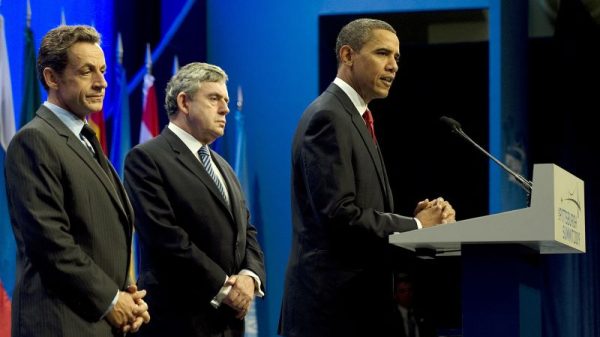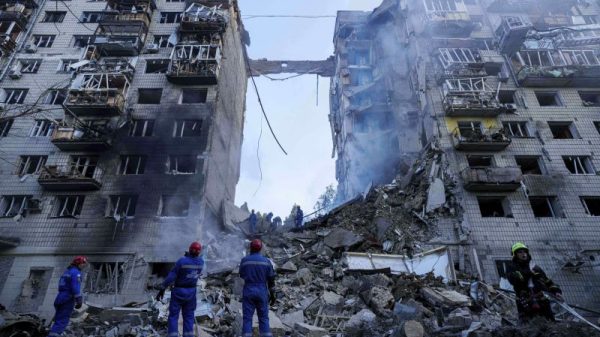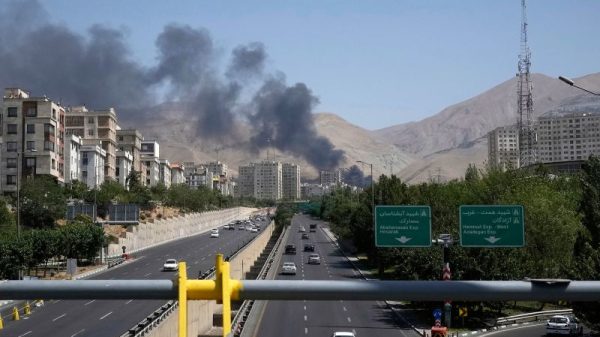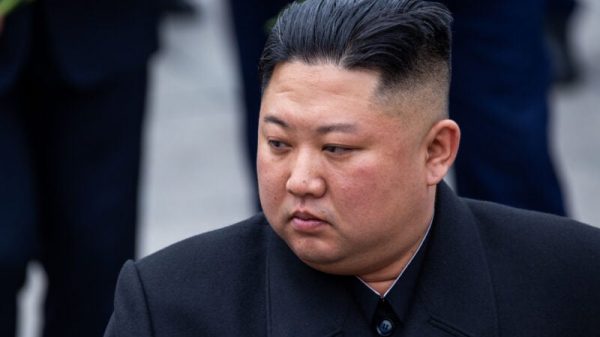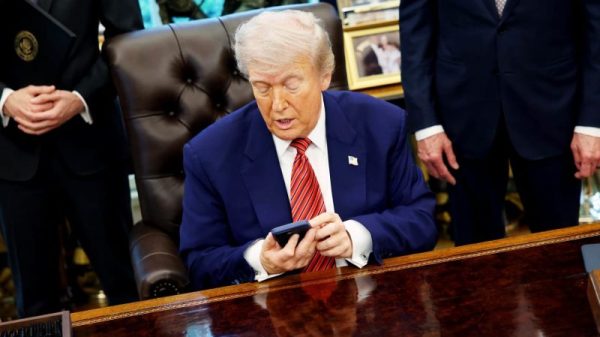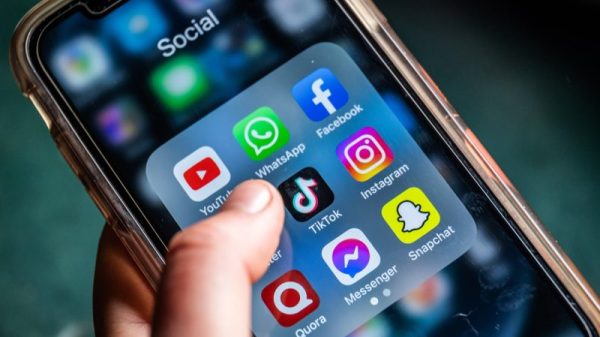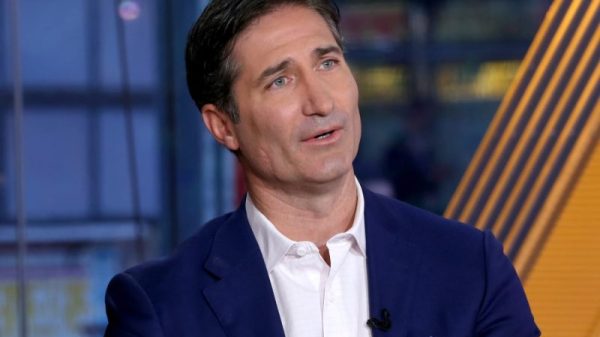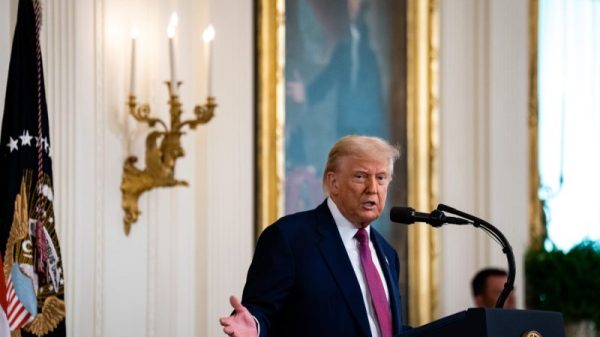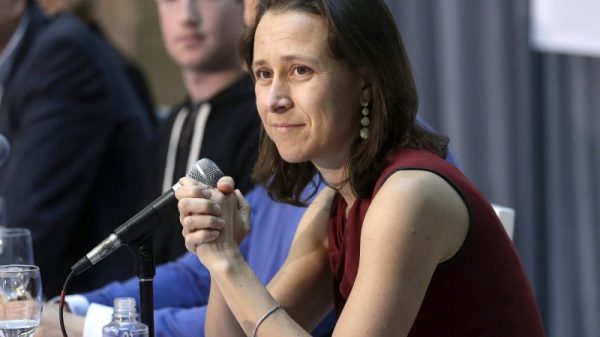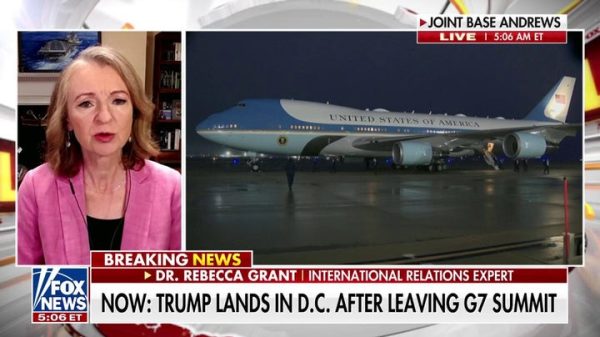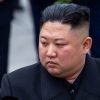After nearly 150 days since President Donald Trump entered office, the U.S. still does not have an ambassador to the United Nations despite geopolitics playing a cornerstone role in his second term.
Following the withdrawal of Elise Stefanik from the nomination in late March over concerns that Republicans would not be able to hold onto her New York seat in the case of a special election, Trump nominated former National Security Advisor Mike Waltz for the top job on May 1.
Though his nomination process appears to be just now moving forward as the Senate Foreign Relations Committee, which needs to vote on his confirmation before a full Senate vote can be cast, only just confirmed receipt of the nomination on Thursday.
The first movement in Waltz’s nomination process comes more than 45 days after it was first announced despite comments to Fox News Digital in early May by a GOP staffer who said, ‘The committee has been working at a historically fast pace and this nomination will be a priority moving forward.’
Though on Monday the committee was unable to confirm when Waltz’s hearing and subsequent vote would take place.
When asked by Fox News Digital why it had only just confirmed receipt of the nomination, the committee directed questions regarding the timeline to the White House.
The White House did not immediately respond to Fox News Digital’s questions about what the holdup could be, given that other nominations, like that of Secretary of Defense Pete Hegseth, were pushed through within five days of Trump entering the Oval Office.
Though the lack of a U.S. ambassador to the U.N. is not necessarily ‘dangerous,’ it weakens the U.S.’s ability to influence major geopolitical situations at a time when the U.S. is facing some of its greatest multifront geopolitical challenges since World War II.
‘There are downsides diplomatically to not having senior leadership and supporting political staff in New York. It lessens U.S. influence and its ability to negotiate at the top level with other missions and the Secretariat,’ Brett Schaefer, senior fellow at the American Enterprise Institute and an expert on multilateral treaties and international organizations like the U.N., told Fox News Digital.
Schaefer explained that though the U.S. does not have a Senate-approved official in place at the U.N., it does not mean the administration does not have representatives at U.N. headquarters in New York working to push U.S. interests.
The U.S., as a permanent member of the U.N. Security Council, continues to hold its position and ability to use veto powers, should major geopolitical policy come into effect, like the use of snapback sanctions against Iran.
Though the U.S. has representation should an emergency meeting be called, as one was over the weekend by Iran following Israel’s Thursday night military strikes, the ambassador is seen as having the direct ear of the president and can therefore be more influential diplomatically when it tops to the top international body.
‘The United Nations is a serious playground whether you like it or not,’ Jonathan Wachtel, who served as counsel to the U.S. permanent representative to the United Nations during the previous Trump administration, told Fox News Digital, adding that there are arguments for reform and policy changes. ‘But at the end of the day it’s a flash point for every conflict in the world, and it’s important to have the representation of the United States at the world body.’
Wachtel also pointed out that with all the conflicts around the world, whether the U.S. is directly involved or not, including Russia’s war in Ukraine, Israel’s war against Iran and in Gaza, as well as broader crises like world hunger, Washington needs its voice heard, otherwise its adversaries will step in.
‘[There’s] just too many things going on in the world and too much ground to cover,’ Wachtel added. ‘And instead of the U.S. voice heard [at the U.N.], you’re going to have the press corps here and diplomats listening more to the arguments of our adversaries, frankly speaking.’
Diana Stancy contributed to this report.








